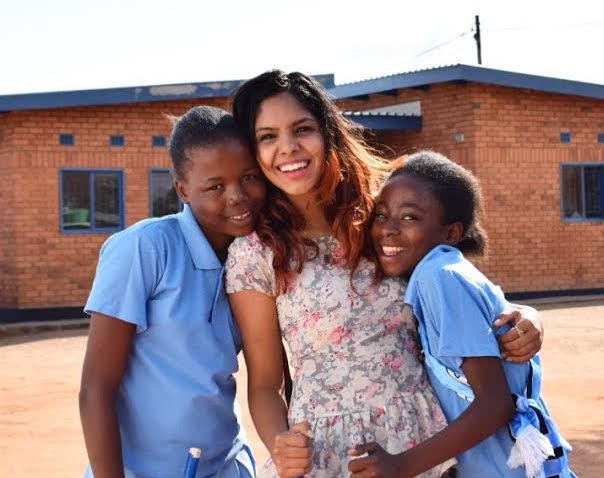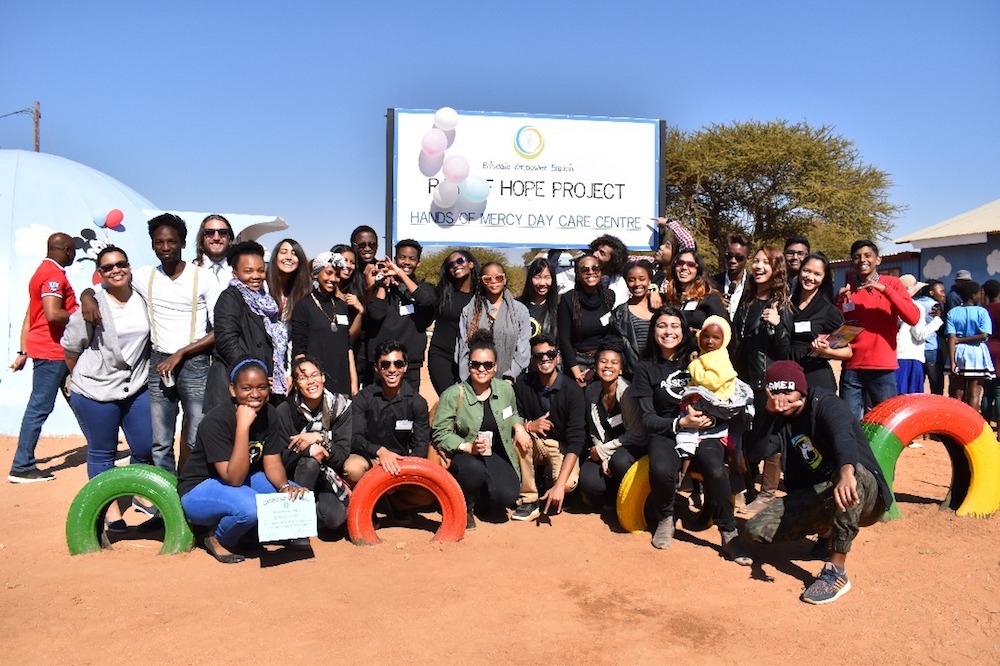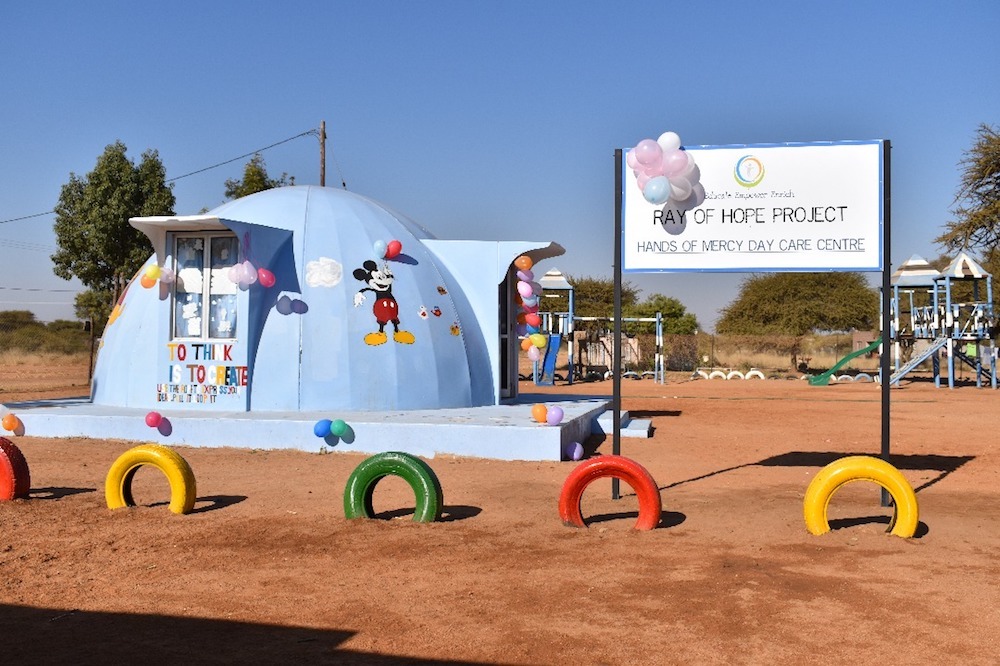
“While I may have made a small difference in these children’s lives, they have left an indelible mark on me”

Barriers to education, Day of the African Child, Days in the childhood development calendar, Discrimination of marginalised children, Early childhood development, Right to education

As part of a series to mark World Humanitarian Day on August 19, one of our Global Youth Ambassadors from Botswana tells about the power of education to change lives.
What attracted me to become a Global Youth Ambassador for Theirworld’s A World At School movement was the organisation’s remarkable commitment to ensuring that every child – regardless of race, religion and socio-economic status – receives their right to a quality education.
The mission deeply resonates with my own belief in the profound power of education as an instrument of change.
I am the founder of the Ray of Hope Project, a youth-run NGO which strives to empower underprivileged, marginalised and refugee children through educational programmes, rural outreach initiatives and social-enterprise ventures.
Founded in Botswana, our organisation has also expanded to India and the United Kingdom.
I was selected as a Queen’s Young Leaders 2017 Highly Commended Runner-up for my humanitarian endeavours in Commonwealth countries.
Inspired by Theirworld’s campaigning for early childhood development, Ray of Hope has built the first-ever day care centre for underprivileged toddlers in a rural village in Botswana called Gamodubu. The children we are targeting include orphans and HIV/AIDs patients.

Ray of Hope has built the first-ever day care centre for underprivileged toddlers (Nandini Kochar)
On the Day of the African Child, Ray of Hope launched a social-enterprise venture called Beads of Hope. This initiative aims to tap into the creative crafts and talents of underprivileged girls and women in rural areas of Botswana by retailing traditional jewellery made by them at trade outlets.
The proceeds are ploughed back into the women’s communities in the form of sanitary pads distribution, sex education sessions and counselling.
When I consider our greatest humanitarian feats, however, I am reminded of a few instances which reinforced my belief in the power of humanity.
For example, the time I was informed that the efforts of our team at Gamodubu village had resulted in 13 students, some of whom were previously on the verge of giving up on school, attaining As in their final exams – a first for the village.
Or the moment when I gifted a little boy his first pair of shoes for Easter and he flung his arms around me and told me that I was his best friend.
These seemingly minor incidents have made me realise that while I may have made a small difference in these children’s lives, they have most definitely left an indelible mark on me.
Perhaps that is what humanitarianism boils down to – receiving through giving.
More news

MyBestStart programme gives young girls the education they deserve
